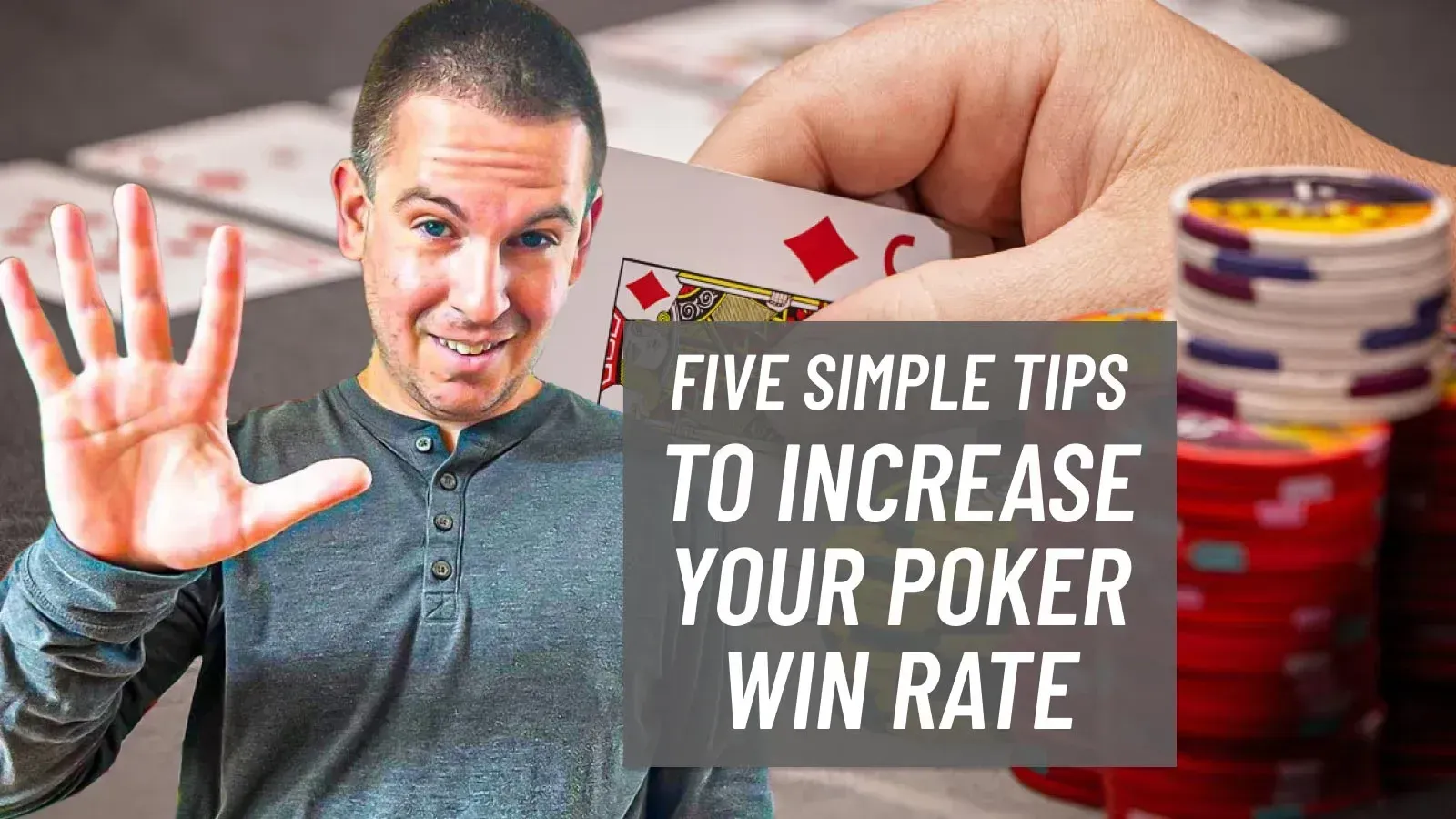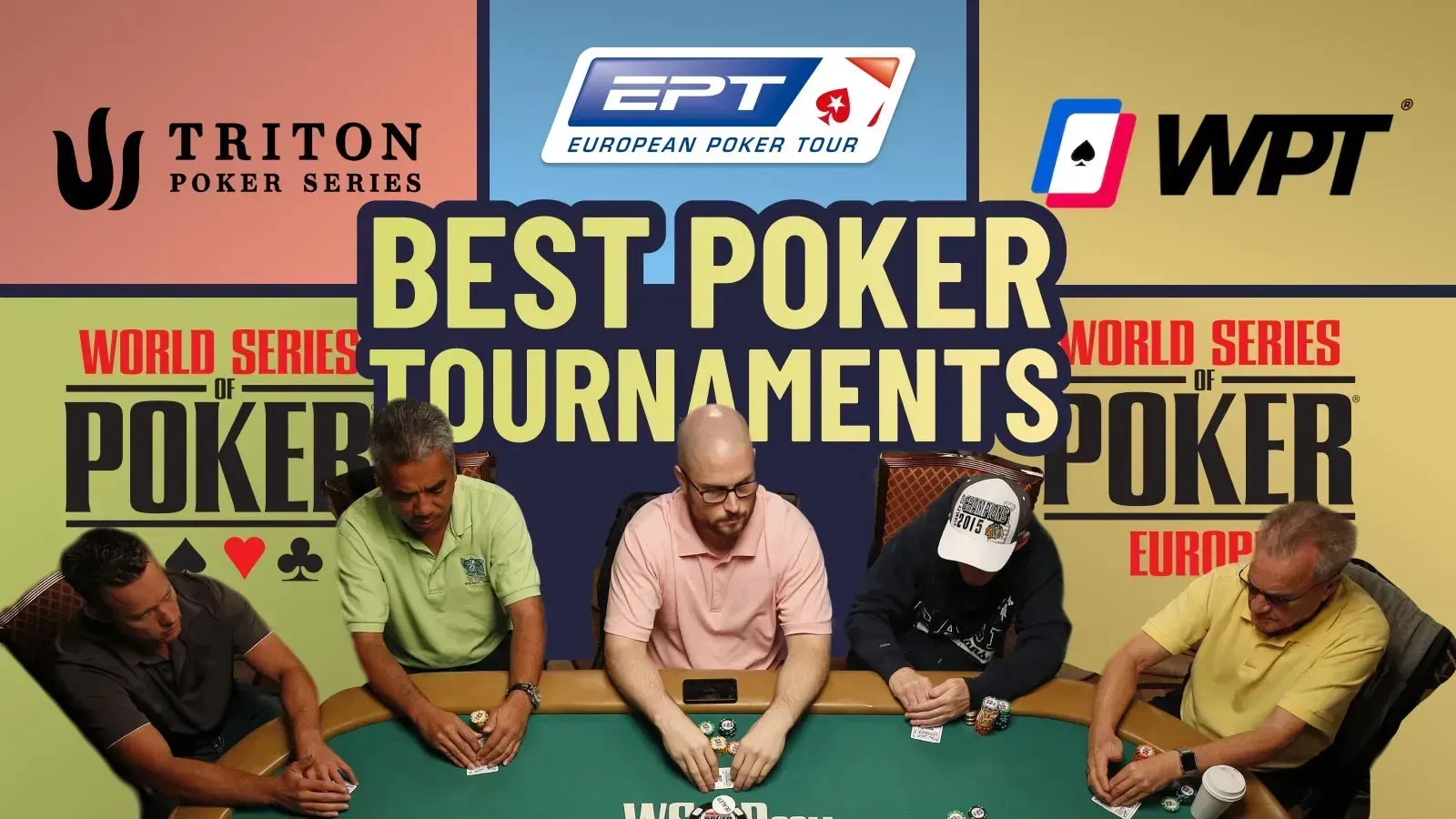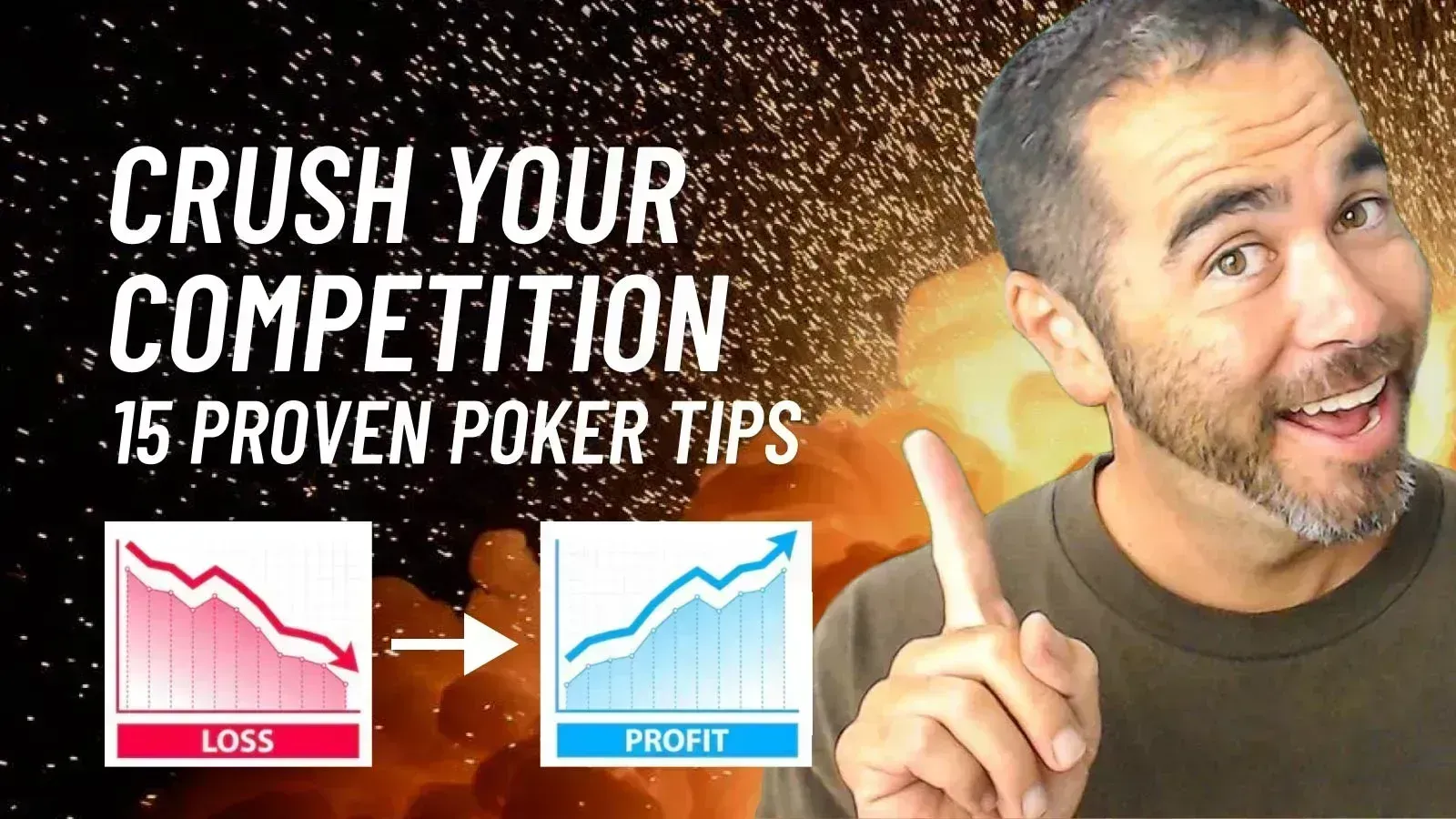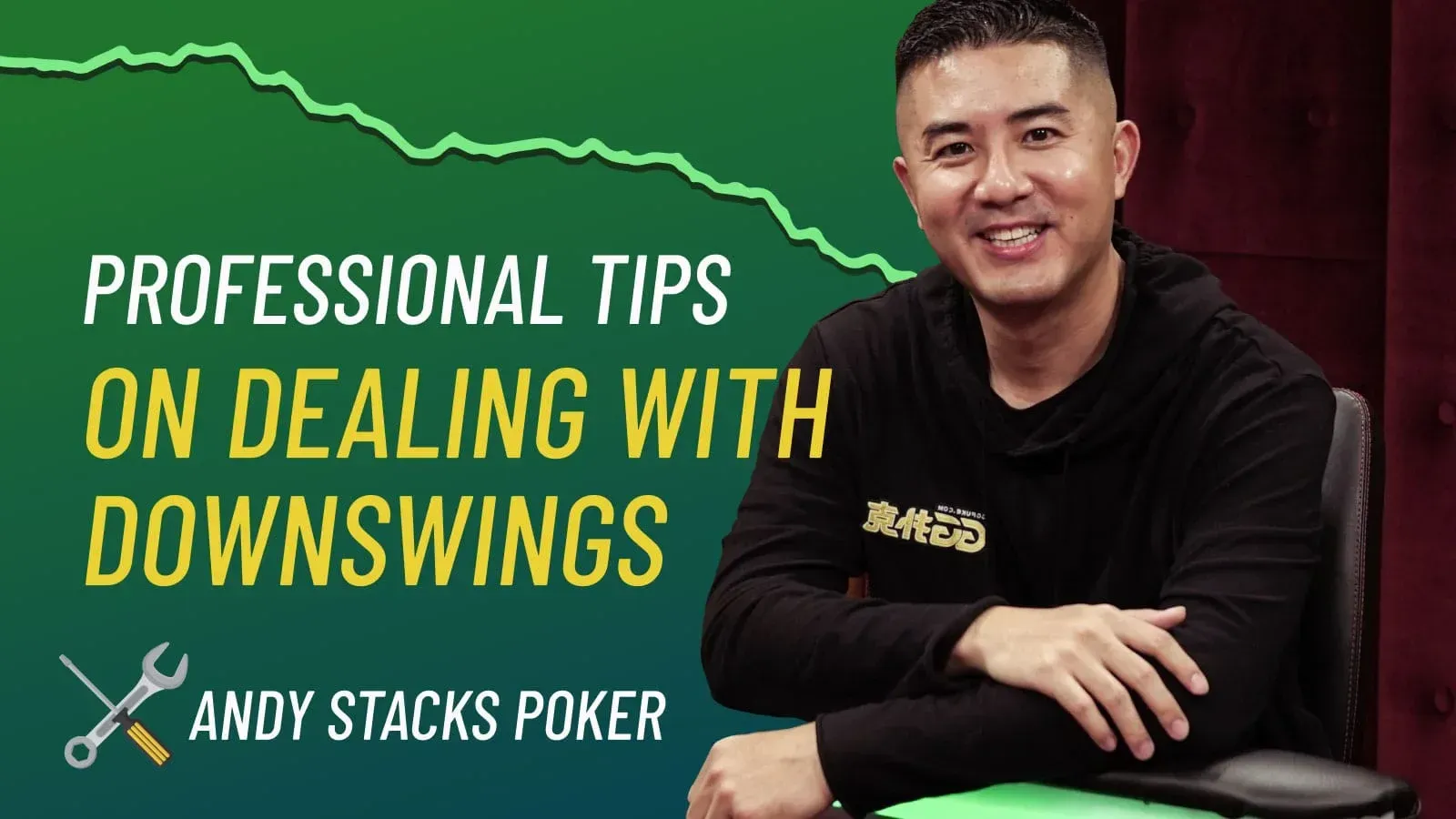
Our hero today is the ambassador of the GG Network, playing under the nickname Andy Stacks. The honor of being the ambassador of the absolute leader of online poker does not fall to every worthy regular.
He shared very competent thoughts that hooked me as a player of our cruel game. And the pain of countless downswings that the player went through and rose above the field, which was read in him, inspired me to write an article based on his video.
How he overcomes strong downswings will be discussed in today's article.
And let everyone take something from it for themselves. The further narration is from the hero's point of view.
How I Came to This
There is nothing in poker that is more devastating than a huge downswing. If you are a regular who has been playing for a long time, you probably remember how hard it is to maintain your sanity during such times. No matter how hard you try to play as correctly and as well as possible, it seems like the world is collapsing before your eyes and you will never win again.
Having played poker for many years, I still remember the feeling that my entire self-esteem was determined by short-term results in this game. Entirely.
- There were times when for weeks I could not understand how much money I had already lost, and how much I still had to lose. And I could not stop beating myself up after losing certain hands.
I did not want to discuss it with anyone, and I did not have any real friends at that time and in that place to somehow pour out my soul to them and get moral support and practical advice.
But soon I got fed up with it and accepted that everything here depended only on me: either I put an end to this course of events, or poker would put an end to me.
I want to share with you the lessons I've learned the hard way over the years in poker, and try to convey the mindset and perception I've built into my brain. It's helped me get through tough downswings much easier. At the high stakes.
When I first started playing poker, I came across a book by Doyle Brunson. I think it was called «Super System». The main message in that book was this:
Poker is a game between people. Cards are just tools. And people are the ones who wield them. Cards by themselves cannot do anything.
It's a very simple, yet powerful statement. The author made it clear that cards are just variables in the game, they're just soulless pictures that won't take a single chip away from you.
After I reread the chapter with this thought a few times, it was like an epiphany had come to me. You can play with all sorts of people, many of whom you don't like, but ultimately,
Poker is a battle with yourself, your mind and your «I».
Learning this fact helped me make a huge shift in my thinking and how I look at downswings, both at the tables and inside me. I realized that no matter what your downswing is, it's not about the cards and the opponents at the table - it's about what's going on inside you!
We can't control the actions of our opponents or how the cards are dealt at the table. So we shouldn't waste our energy and nerves on things that are beyond our control.
- We should look at what we influence: our thoughts and emotions.
What You Need to Know About Downswings
The first thing is to accept that they are unavoidable.
You have to be mentally and financially prepared for them, because when they happen, life will seem very unfair to you. It will feel very personal - like everything is rigged against you:
- Preflop coolers,
- Postflop coolers,
- Small-handed runs and dominations,
- Hated opponents will have better hands,
- Bluffs will fail, and you won't get paid for value,
- And dozens of other manifestations of «not meant to be».
Despite all the evidence of other players' success that you see on social media, remember: everyone loses. We sometimes forget that losing is normal, it's a natural part of the game, which is much more pronounced in downswings, and we lose this knowledge.
Since cards have no memory of the outcome of previous hands, the chance of getting screwed in the next hand is the same whether you just got screwed. And when you play a lot, it can start to drive you crazy.
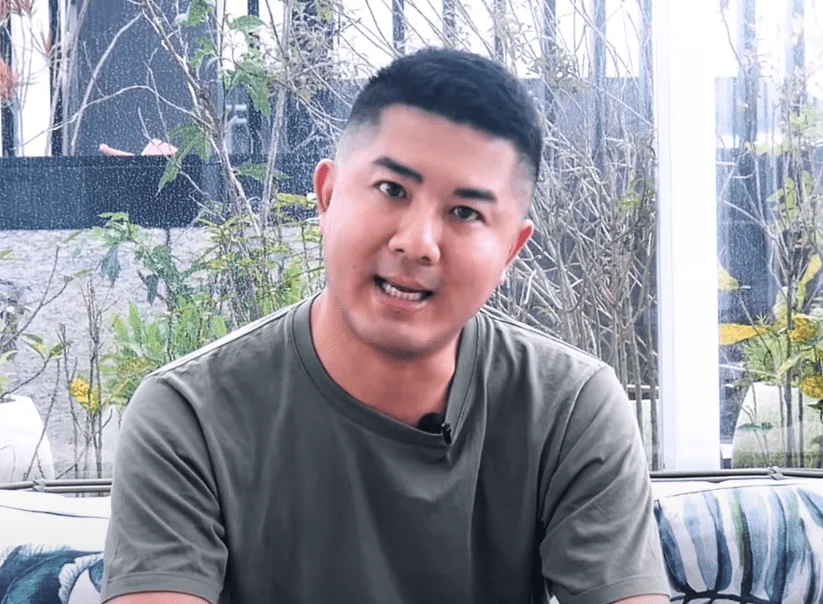
How do you deal with downswings and keep playing?
Step One
You need to take a mental break from the game. Do something other than poker - after all, life is not all about poker, and there are many more enjoyable and useful things to do. This is a must.
Step Two
Stop the internal dialogue in your head - that stream of negative thoughts after losing a hand. It was from such mental reasoning that I suffered the most during difficult periods of the game.
Step Three
Showing yourself sympathy and pity in a game where everyone loses does no good, only harm. When you blame your opponents, the RNG, or the dealer for your failures, you only convince yourself that you are a victim. And the cruel truth is that your opponents do not feel the slightest sympathy for you, and are only happy about your failures and how you try to feel sorry for yourself.
When you are in a severe downswing, save your strength for something else: focus on your thinking and what is happening inside you.
Remember how I said that poker is a battle with yourself, with your mind and your «I»? Well, by giving up self-pity and focusing on your thinking and emotions, half the battle is already won.
What separates a winner from someone who is destined to lose all his life is his tenacity to control himself and keep moving forward despite any freezing headwind.
I don't mean that you go through a downswing being exhausted by it - no, you will play poorly yourself - but that you should have a good rest in your head and come back mentally prepared for the fact that, perhaps, you will have to play through failures for some time. And this leads us to the fourth step:
Step Four
Playing on a downswing is the hardest thing you need to learn in poker.
Here you have to be honest with yourself. With your mental state. For me, it's still a constant work and progress in overcoming my weaknesses.
Otherwise, I would have acquired a terrible habit: I would not agree to leave today as a loser.
My ego would not allow me to get up from the table, admit defeat in a battle (but not in a war!) and go do other interesting things.
Before I started working on myself, I could still play for a long time in a bad mental state and incite opponents to play heads-up with me, even if I clearly understood at the moment that I was making a terrible decision.
Learn to see in downswing prospects
- And this, - the fifth, - step is lifelong.
In working on yourself, there are no checkpoints and autosaves - it is a continuous movement forward. If you stop, then you begin to move back in your progress.
This is a constant repetition and attempts to become a little better and stronger with each new streak.
You must learn to regularly «wake up» in those situations where you are disappointed, irritated and experience the whole range of negative emotions and try to learn to control yourself a little better.
Today, no one will be surprised by an advanced strategy. There is a ton of information and coaches, and therefore it is relatively easy to get a ready-made proven strategy. So when you play with other strong opponents, your psychology comes to the fore. - And you can't buy it.
Downswing is many growth points, rising above which, you will become a cut above the opponents who have bored you and yourself just yesterday. Train your mind to focus as little as possible on failures and as much as possible on what it can learn from the situation.
Check out this helpful video: How to Boost Your Mental Game with Jared Tendler's Classic The Mental Game of Poker
Over time, you will find more and more ways to grow and succeed. If you do not give up on overcoming yourself, you will eventually surpass all your competitors. And most importantly - yourself.
Andy's words on his page on the official GGPoker network website.
Poker is truly a constant test of resilience and inner strength. Only the strong that adapt will survive.
This article was written from the Dealing with Downswings - Poker Life Lessons video by Vladimir ABIVPlus.

 Getcoach
Getcoach



